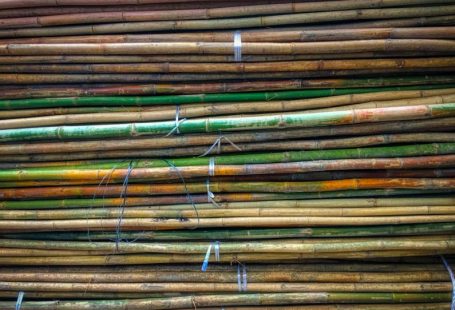As consumers become increasingly aware of the environmental impacts of their choices, the sugar industry has come under scrutiny. From the traditional sugar cane to the rising popularity of sugar beets, the production of sugar has far-reaching consequences on the environment. This article delves into the environmental impact of sugar production, exploring the differences between sugar cane and sugar beets and their effects on ecosystems, water resources, and biodiversity.
**The Sugar Industry: A Sweet but Costly Business**
The sugar industry, while satisfying our sweet cravings, exacts a toll on the environment. The two primary sources of sugar, cane, and beets, have distinct environmental footprints. Sugar cane, predominantly grown in tropical regions, requires vast amounts of water for cultivation. Additionally, the process of extracting sugar from cane involves burning fields, releasing harmful greenhouse gases into the atmosphere. On the other hand, sugar beets, commonly grown in temperate climates, have a lower water requirement but necessitate intensive use of pesticides and fertilizers, contributing to water pollution and soil degradation.
**Ecosystem Impact: Cane vs. Beets**
The cultivation of sugar cane often leads to deforestation as vast tracts of land are cleared to make way for plantations. This deforestation not only diminishes biodiversity but also disrupts ecosystems and contributes to climate change. In contrast, sugar beets, grown in rotation with other crops, have a lesser impact on ecosystems. However, the heavy use of agrochemicals in beet cultivation poses a threat to pollinators and other beneficial insects, further impacting biodiversity.
**Water Resources: The Thirst of Sugar Production**
Water is a precious resource, and the sugar industry is a significant consumer. Sugar cane cultivation, particularly in regions facing water scarcity, puts a strain on water resources. The irrigation of cane fields depletes aquifers and rivers, affecting local communities and ecosystems. Sugar beets, though requiring less water than cane, are often grown in regions where intensive agriculture has led to water pollution from runoff containing fertilizers and pesticides. Both sugar sources contribute to water stress and contamination, highlighting the need for sustainable practices in sugar production.
**Biodiversity Concerns in Sugar Production**
The loss of biodiversity is a grave consequence of sugar production. Sugar cane plantations, with their monoculture approach, result in the destruction of natural habitats and displacement of native flora and fauna. This loss of biodiversity weakens ecosystems and reduces resilience to environmental changes. Sugar beet cultivation, while less damaging in terms of deforestation, poses risks to biodiversity through the use of agrochemicals that harm non-target species and disrupt natural ecosystems. Protecting biodiversity in sugar production requires a shift towards more sustainable farming practices and land management.
**Towards a Sustainable Sugar Future**
As consumers become more conscious of the environmental impact of their choices, the sugar industry is facing pressure to adopt more sustainable practices. From reducing water consumption and chemical inputs to promoting biodiversity conservation, there are various strategies that can mitigate the environmental impact of sugar production. Companies are increasingly investing in sustainable sourcing practices and certification schemes to ensure that the sugar they produce is environmentally responsible. Consumers, too, play a crucial role in driving demand for sustainably produced sugar, influencing industry practices and supporting initiatives that prioritize environmental conservation.
**In Summary: Balancing Sweetness with Sustainability**
From cane to beet, the sugar industry’s environmental impact is significant and multifaceted. While both sugar sources have their unique challenges, addressing issues such as water consumption, biodiversity loss, and ecosystem degradation is essential for creating a more sustainable sugar future. By raising awareness, advocating for responsible production practices, and making informed choices as consumers, we can contribute to a sweeter, more sustainable world.





